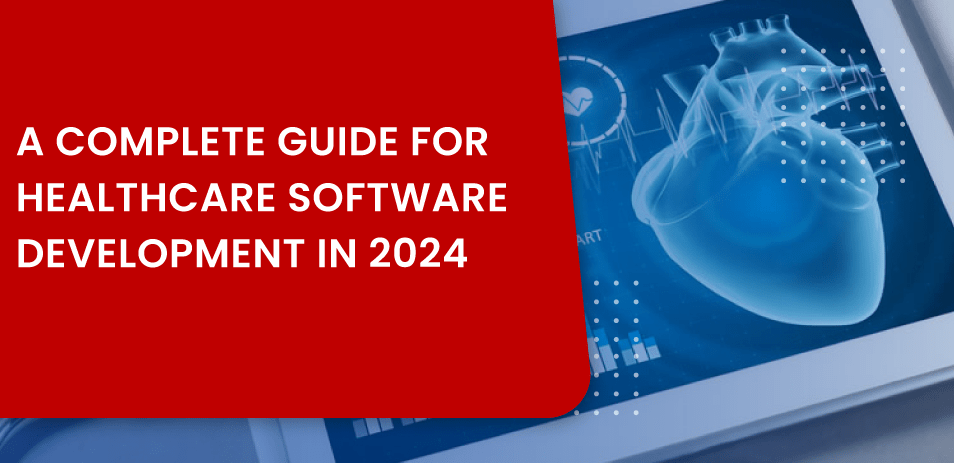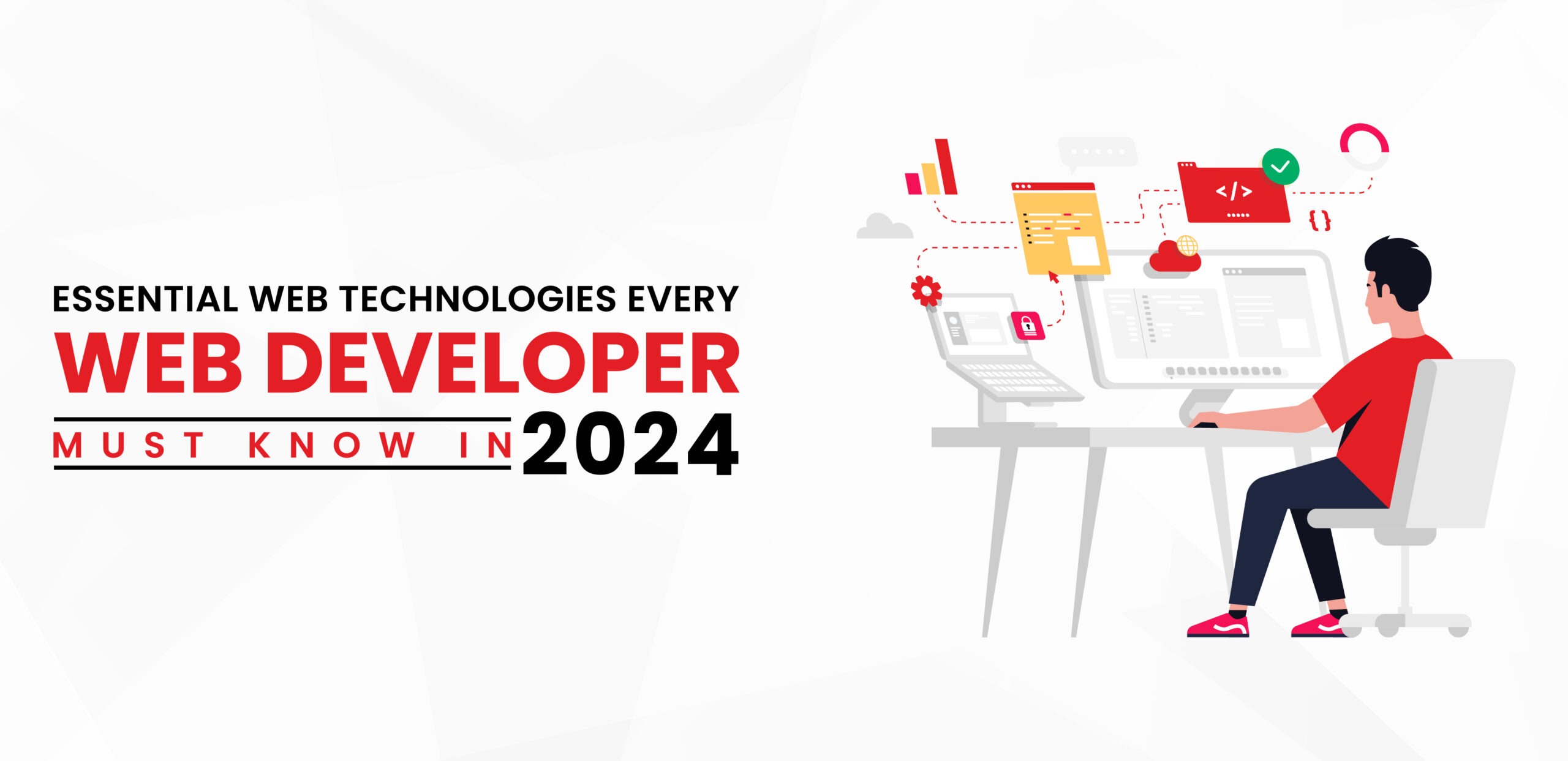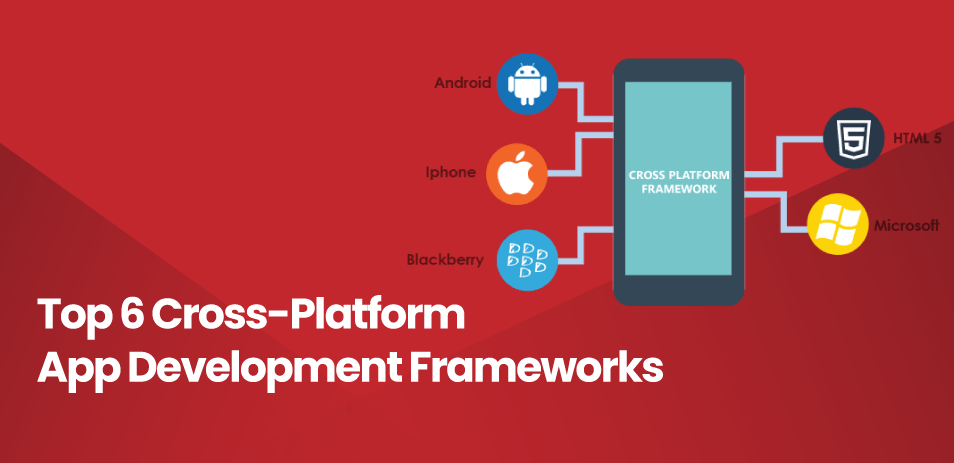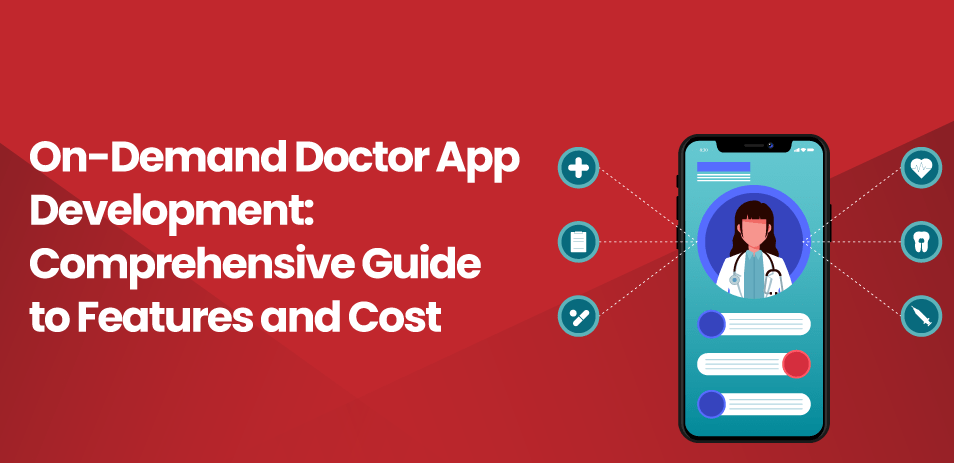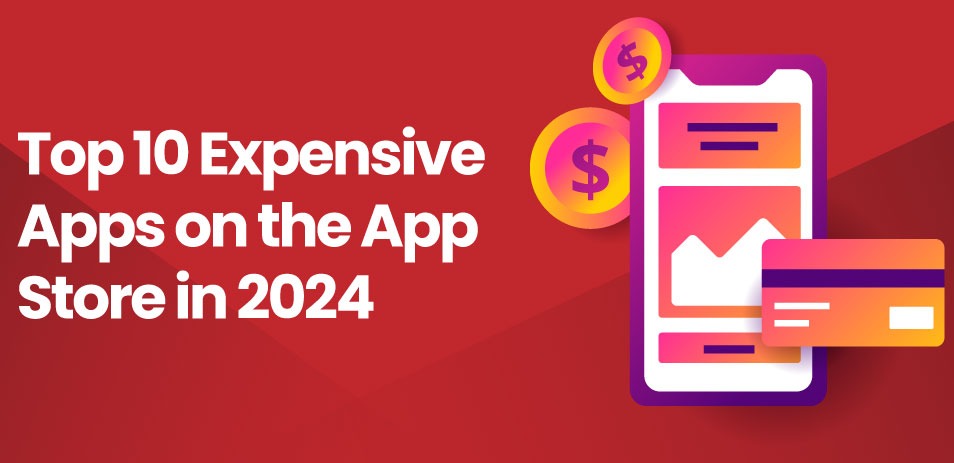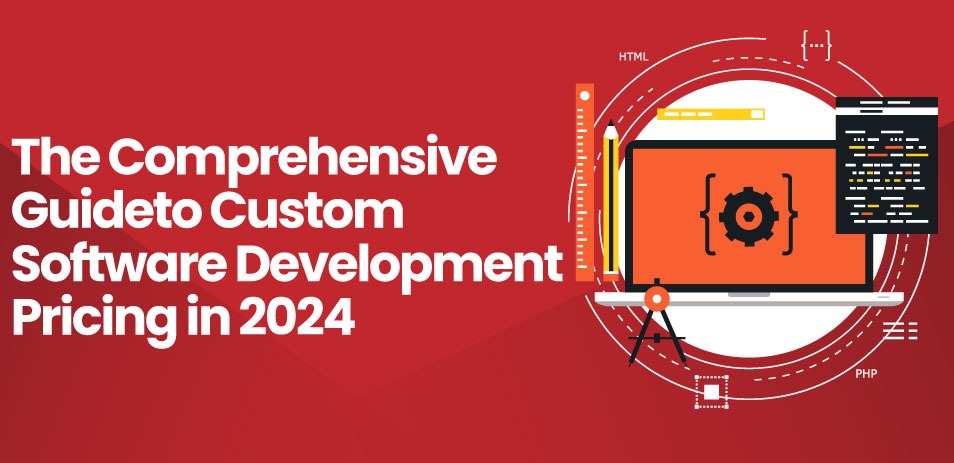Healthcare app development refers to the creation, implementation, and maintenance of app solutions tailored to the specific needs of the healthcare industry. These solutions encompass a wide range of applications, including electronic health records (EHR) systems, telemedicine platforms, healthcare analytics, and more. App development for healthcare aims to improve patient care, streamline administrative processes, enhance communication between healthcare professionals, and ultimately, drive better health outcomes.
In 2024, the importance of healthcare app development in Dallas has never been greater. The healthcare landscape is rapidly evolving, with an increasing focus on patient-centric care, remote healthcare delivery, and data-driven decision-making. Healthcare mobile app development in Dallas plays a pivotal role in addressing these challenges by facilitating the digitization of healthcare processes, enabling remote consultations, empowering patients with access to their health data, and enhancing the efficiency of healthcare delivery.
The Role of Technology in Addressing Healthcare Challenges
Technology has emerged as a powerful tool in addressing various challenges faced by the healthcare industry. Its impact extends across different facets of healthcare, from patient care to administrative tasks. Here are some key ways in which technology is playing a pivotal role in overcoming healthcare challenges:
Enhancing Access to Healthcare
Telemedicine platforms leverage technology to provide remote consultations, enabling patients to access healthcare services from the comfort of their homes. This is particularly beneficial for individuals in rural or underserved areas who may face barriers to accessing traditional healthcare facilities.
Improving Patient Engagement
Patient engagement platforms and mobile health applications empower individuals to take control of their health by providing access to educational resources, appointment scheduling, medication reminders, and health tracking tools. By engaging patients in their care journey, technology fosters better adherence to treatment plans and promotes proactive health management.
Streamlining Administrative Processes
Healthcare apps automate various administrative tasks such as appointment scheduling, billing, and medical record management. By reducing paperwork and streamlining workflows, technology helps healthcare providers optimize their operations, minimize errors, and allocate more time to patient care.
Facilitating Data-driven Decision Making
Healthcare analytics platforms leverage data from electronic health records, medical devices, and other sources to generate valuable insights for healthcare providers. These insights can inform clinical decision-making, identify trends in patient populations, and support preventive care initiatives. Artificial intelligence and machine learning algorithms further enhance the capabilities of healthcare analytics by predicting disease outbreaks, optimizing treatment plans, and identifying high-risk patients.
Enhancing Patient Safety and Care Quality
Technologies such as barcode medication administration systems, electronic prescribing, and clinical decision support systems help reduce medication errors, improve treatment adherence, and ensure compliance with best clinical practices. Additionally, remote monitoring devices enable healthcare providers to monitor patients’ vital signs and health metrics in real-time, allowing for early detection of potential health issues and timely interventions.
Join us in revolutionizing healthcare with cutting-edge app development solutions.
Discover how technology can tackle healthcare challenges head-on, improving access, efficiency, and patient care. Embrace innovation today!
Yes Let’s goLatest Trends in Healthcare App Development
1- Telemedicine Expansion
Telemedicine has surged in popularity, driven by the need for remote healthcare services during the COVID-19 pandemic. This trend is expected to continue, with healthcare app developers focusing on creating robust telemedicine platforms that offer seamless video consultations, secure messaging, and remote monitoring capabilities.
2- Interoperability Solutions
As healthcare systems become more digitized, the need for interoperability between different applications and systems has become increasingly important. Developers are focusing on creating interoperable solutions that enable seamless data exchange between electronic health records (EHR) systems, telemedicine platforms, medical devices, and other healthcare software applications.
3- Artificial Intelligence (AI) and Machine Learning (ML)
AI and ML technologies are revolutionizing app development for healthcare by enabling predictive analytics, personalized treatment recommendations, and automation of administrative tasks. Developers are integrating AI and ML algorithms into healthcare app to improve diagnostic accuracy, optimize treatment plans, and enhance patient outcomes.
4- Blockchain Adoption
Blockchain technology is gaining traction in the healthcare industry due to its potential to improve data security, enhance interoperability, and streamline administrative processes. Healthcare app developers are exploring blockchain-based solutions for secure health data exchange, patient identity management, and supply chain tracking.
5- Remote Patient Monitoring
Remote patient monitoring (RPM) solutions are becoming increasingly popular, allowing healthcare providers to monitor patients’ vital signs and health metrics remotely. Healthcare apps developers are leveraging wearable devices, mobile apps, and cloud-based platforms to create RPM solutions that enable continuous monitoring of patients with chronic conditions, post-operative care, and aging populations.
6- Personalized Medicine
Personalized medicine is gaining momentum, with healthcare app developers focusing on creating software solutions that leverage genomic data, electronic health records, and patient-reported outcomes to tailor treatments to individual patients’ unique characteristics and needs. This trend is expected to drive innovation in areas such as pharmacogenomics, precision oncology, and targeted therapies.
7- Data Security and Privacy
With the increasing digitization of healthcare data, data security and privacy have become top priorities for healthcare organizations and app developers. Developers are implementing robust security measures such as encryption, access controls, and audit trails to protect sensitive patient information and ensure compliance with regulatory requirements such as HIPAA and GDPR.
Key Components of Healthcare Apps
Healthcare apps encompasses a wide array of applications and systems designed to facilitate various aspects of patient care, administrative tasks, and data management within healthcare organizations. Here are some key components of healthcare apps.
· Electronic Health Records (EHR) Systems
EHR systems digitize patient health information, including medical history, diagnoses, medications, treatment plans, and laboratory test results. They provide a centralized platform for healthcare professionals to access, update, and share patient records securely. EHR systems streamline clinical workflows, enhance care coordination, and improve patient safety by ensuring accurate and up-to-date information.
· Practice Management Apps
Practice management apps automates administrative tasks such as appointment scheduling, patient registration, billing, and claims processing in healthcare practices and medical facilities. These systems help optimize operational efficiency, reduce paperwork, and ensure timely reimbursement for services rendered.
· Telemedicine Platforms
Telemedicine platforms enable remote delivery of healthcare app development services, allowing patients to consult with healthcare providers via secure video conferencing, messaging, or phone calls. These platforms facilitate virtual appointments, remote monitoring of patients’ health metrics, and electronic prescribing of medications, thereby increasing access to care, particularly in rural or underserved areas.
· Healthcare Analytics and Business Intelligence
Healthcare analytics app leverages data analysis tools and techniques to derive actionable insights from clinical, financial, and operational data. These insights help healthcare organizations improve patient outcomes, optimize resource utilization, and identify opportunities for quality improvement and cost reduction. Healthcare analytics encompasses descriptive, predictive, and prescriptive analytics, enabling organizations to make data-driven decisions and measure performance against key performance indicators.
· Medical Imaging and Picture Archiving and Communication Systems (PACS)
PACS software manages medical imaging studies such as X-rays, CT scans, MRIs, and ultrasounds, allowing healthcare providers to store, retrieve, and view digital images and reports. PACS streamline the image management process, facilitate remote access to imaging studies, and support collaboration among radiologists, referring physicians, and other healthcare professionals.
· Health Information Exchange (HIE) Platforms
HIE platforms facilitate the electronic exchange of patient health information among different healthcare organizations and systems. These platforms promote interoperability, enabling seamless data sharing across disparate healthcare settings, including hospitals, clinics, laboratories, and pharmacies. HIE platforms improve care coordination, reduce duplicate testing, and enhance patient care transitions.
· Patient Engagement Solutions
Patient engagement software empowers patients to actively participate in their healthcare journey by providing access to personal health records, educational resources, appointment scheduling tools, and secure communication channels with healthcare providers. These solutions promote patient empowerment, improve adherence to treatment plans, and foster better communication between patients and providers.
Best Practices in Healthcare App Development
Healthcare app development requires adherence to specific standards, regulations, and practices to ensure the delivery of secure, reliable, and compliant solutions. Here are some best practices in medical app development:
Compliance with Regulatory Standards
Healthcare app developers must comply with regulatory standards and requirements, such as the Health Insurance Portability and Accountability Act (HIPAA) in the United States, the General Data Protection Regulation (GDPR) in the European Union, and the Health Information Technology for Economic and Clinical Health (HITECH) Act. Adhering to these regulations ensures the protection of patient privacy and confidentiality and helps avoid legal and financial repercussions.
User-Centric Design
Designing healthcare apps with a focus on user experience (UX) is essential for ensuring adoption and usability by healthcare professionals and patients. User-centric design principles involve gathering user feedback, conducting usability testing, and iteratively refining the apps interface to meet the needs and preferences of end-users. Intuitive navigation, clear layout, and accessibility features are key considerations in user-centric design.
Secure Data Handling and Encryption
Healthcare software must prioritize data security to safeguard sensitive patient information from unauthorized access, breaches, and cyber threats. Implementing robust encryption mechanisms, access controls, and authentication protocols ensures the confidentiality, integrity, and availability of patient data. Additionally, developers should adhere to secure coding practices and conduct regular security assessments and audits to identify and mitigate vulnerabilities.
Interoperability and Integration
Healthcare apps should support interoperability and seamless integration with existing systems, such as electronic health records (EHR) systems, laboratory information management systems (LIMS), and medical devices. Standardized data exchange formats, such as Health Level Seven International (HL7) and Fast Healthcare Interoperability Resources (FHIR), facilitate interoperability and enable the exchange of clinical information across disparate systems, improving care coordination and workflow efficiency.
Agile Development Methodologies
Adopting agile development methodologies, such as Scrum or Kanban, enables iterative and incremental delivery of healthcare software solutions while accommodating changing requirements and priorities. Agile practices promote collaboration, transparency, and flexibility throughout the development lifecycle, allowing teams to respond quickly to feedback and deliver high-quality software within accelerated timelines.
Continuous Testing and Quality Assurance
Continuous testing and quality assurance are essential in healthcare software development to identify defects, ensure functionality, and maintain compliance with regulatory standards. Automated testing frameworks, such as unit testing, integration testing, and regression testing, help validate software functionality, performance, and security throughout the development process. Additionally, implementing robust quality assurance processes and conducting thorough validation and verification activities are critical for ensuring the reliability and safety of healthcare software.
Documentation
Comprehensive documentation is vital for healthcare software development to facilitate knowledge transfer, maintain code integrity, and support regulatory compliance. Developers should document software requirements, design specifications, coding standards, test cases, and deployment procedures to ensure clarity, consistency, and traceability throughout the development lifecycle. Clear and well-organized documentation also aids in troubleshooting, maintenance, and future enhancements of healthcare software.
Challenges and Opportunities in Healthcare App Development
Challenges
1- Data Security and Privacy Concerns
Healthcare software developers face the challenge of protecting sensitive patient information from data breaches, cyberattacks, and unauthorized access. The increasing digitization of healthcare data and the interconnectedness of healthcare systems make them lucrative targets for malicious actors. Ensuring robust data security measures, encryption, access controls, and compliance with regulatory standards such as HIPAA and GDPR is paramount to mitigate these risks.
2- Integration with Legacy Systems
Healthcare organizations often rely on legacy systems that may be outdated, incompatible, or lacking interoperability with modern software solutions. Integrating new healthcare software with legacy systems poses technical challenges, such as data migration, system compatibility issues, and workflow disruptions. Healthcare software developers must devise strategies to seamlessly integrate new solutions with existing infrastructure while minimizing downtime and ensuring data integrity.
3- Healthcare Interoperability
Achieving interoperability between disparate healthcare systems, such as electronic health records (EHR) systems, laboratory information systems, and medical devices, remains a significant challenge in healthcare software development. Inconsistent data formats, proprietary standards, and organizational silos hinder the seamless exchange of clinical information and interoperability across healthcare settings. Standardizing data exchange formats, adopting interoperability standards such as HL7 and FHIR, and promoting collaboration among stakeholders are critical to overcoming interoperability challenges.
Opportunities
1- Advancements in Artificial Intelligence (AI) and Machine Learning (ML)
The integration of AI and ML technologies presents significant opportunities for healthcare software development. AI-powered algorithms can analyze vast amounts of healthcare data, detect patterns, predict outcomes, and optimize treatment plans. ML algorithms can enhance diagnostic accuracy, identify high-risk patient populations, and automate administrative tasks, thereby improving patient care, reducing costs, and enhancing operational efficiency in healthcare organizations.
2- Remote Patient Monitoring and Telemedicine
The growing demand for remote healthcare services and virtual care delivery presents opportunities for healthcare software developers to innovate in telemedicine and remote patient monitoring solutions. Remote monitoring devices, mobile applications, and telemedicine platforms enable patients to receive timely care, monitor chronic conditions, and accesshealthcare software development services from the comfort of their homes. Developing user-friendly, secure, and interoperable telemedicine platforms can improve access to care, enhance patient engagement, and expand the reach of healthcare services.
3- Personalized Medicine and Precision Health
Personalized medicine, which tailors medical treatment and interventions to individual patient characteristics, presents opportunities for healthcare software developers to create innovative solutions that leverage genomic data, electronic health records, and predictive analytics. By integrating patient-specific information with clinical data and genetic insights, healthcare software can support precision health initiatives, optimize treatment outcomes, and improve patient outcomes while reducing adverse events and treatment-related costs.
Future Outlook of Healthcare Software Development
The future outlook of healthcare software development is characterized by continued innovation, integration of advanced technologies, and a focus on improving patient outcomes, enhancing care delivery, and driving efficiencies in the healthcare ecosystem. By embracing emerging trends and leveraging technological advancements, healthcare software developers will play a crucial role in shaping the future of healthcare delivery and transforming the patient experience.
Continued Emphasis on Telemedicine and Remote Care
The adoption of telemedicine and remote care solutions is expected to continue growing as healthcare organizations and patients recognize the benefits of virtual consultations, remote monitoring, and digital health interventions. Advances in telemedicine platforms, wearable devices, and mobile health applications will enable greater access to healthcare services, especially in underserved areas and for patients with chronic conditions.
Integration of Artificial Intelligence and Machine Learning
Artificial intelligence (AI) and machine learning (ML) technologies will play an increasingly prominent role in software development healthcare industry, facilitating predictive analytics, personalized medicine, and automation of routine tasks. AI-powered algorithms will enhance clinical decision-making, improve diagnostic accuracy, and optimize treatment plans, leading to more precise and efficient patient care.
Focus on Interoperability and Data Exchange
Interoperability will remain a key focus in healthcare software development, with efforts to standardize data formats, promote data exchange, and enhance connectivity between disparate healthcare systems. Greater interoperability will enable seamless sharing of patient information across care settings, support care coordination, and facilitate population health management initiatives.
Expansion of Patient Engagement Solutions
Patient engagement solutions will continue to evolve, with a focus on empowering patients to actively participate in their healthcare journey through access to personal health records, health education resources, and interactive communication tools. Enhanced patient engagement will lead to improved health outcomes, increased patient satisfaction, and better adherence to treatment plans.
Embrace of Blockchain Technology
Blockchain technology holds promise for addressing data security, privacy, and interoperability challenges in healthcare software development. Blockchain-based solutions will enable secure and tamper-proof storage of patient health records, facilitate data sharing among stakeholders, and enhance transparency and trust in healthcare transactions.
Shift Towards Value-Based Care Models
Healthcare software development will increasingly support value-based care models focused on improving patient outcomes, reducing costs, and enhancing population health. Software solutions will facilitate care coordination, population health management, and performance measurement, enabling healthcare organizations to deliver high-quality, cost-effective care.
Integration of Wearable Technology and Internet of Medical Things (IoMT)
The integration of wearable devices and Internet of Medical Things (IoMT) technology will enable continuous monitoring of patient health metrics, early detection of health issues, and personalized interventions. Healthcare software will leverage data from wearable devices to support remote patient monitoring, disease management, and preventive care initiatives.
Want tp Empower Your Organization with Cutting-Edge Software Solutions?
Contact us today to embark on your journey towards innovative healthcare solutions!
Yes Let’s goConclusion
The landscape of healthcare software development is poised for continued evolution and innovation in the coming years. As the healthcare industry undergoes digital transformation, app development company dallas face both challenges and opportunities in addressing the complex needs of healthcare organizations, providers, and patients.
Despite challenges such as data security concerns, interoperability issues, and regulatory compliance requirements, healthcare software development holds immense potential for driving positive change and improving patient outcomes. The integration of advanced technologies such as artificial intelligence, telemedicine, and blockchain will enable healthcare organizations to deliver more personalized, efficient, and accessible care to patients worldwide.
The shift towards value-based care models, emphasis on patient engagement, and expansion of remote care solutions will reshape the delivery of healthcare software development services and empower individuals to take control of their health. By embracing emerging trends, adhering to best practices, and collaborating across interdisciplinary teams, healthcare software developers can play a pivotal role in shaping the future of healthcare delivery and contributing to the advancement of global health.
In essence, the future of healthcare software development is characterized by innovation, collaboration, and a commitment to improving patient care, driving operational efficiency, and fostering better health outcomes for all. Through continued dedication to excellence and a focus on leveraging technology for the greater good, the healthcare software industry stands poised to make a significant impact on the future of healthcare.

